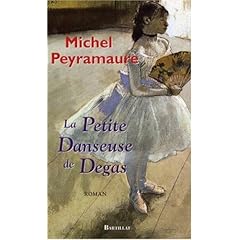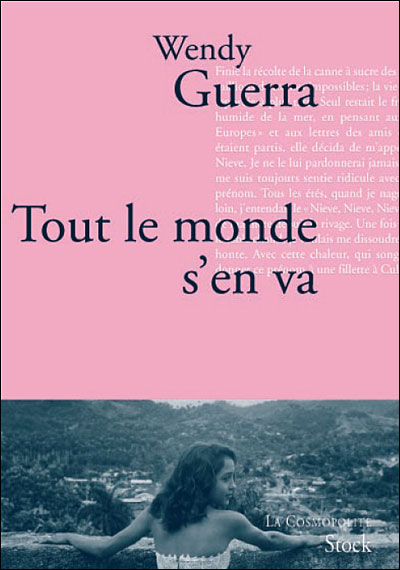
availability: More widely available than it initially appears to be, but several sellers can be found when searching the internet, usually based in the US (and thus retailing in USD). UK enthusiasts can purchase from www.classicsbookshop.co.uk .
--The blurb--
"The Prometheus Bound has proved to be both the most problematic and the most influential of extant Greek tragedies. Especially during the past two hundred years, the character created here has transcended the boundaries of nationality, ideology and race: Goethe, Shelley, Marx, and - to judge by recently published translations - modern Russia and China have in turn been fascinated by this being who is tortured by the Gods for furthering the progress of man. Yet the interpretation of the play itself and its relation to the group of now lost plays with which it was originally produced continues to arouse violent controversy. At the centre of the controversy stand the questions, raised with increasing urgency during the present century, when the play was written and whether it is by Aeschylus at all. The original version of this work was composed for a seminar on ancient tragedy held during the American Philological Association's meeting in Toronto in December of 1968."
--The review--
As a one-time classicist I'm constantly on the lookout for various tidbits to indulge my interest. The tale of Prometheus is familiar, however, even to plenty who don't have a classical background (it was spoken of in Primo Levi's The Periodic Table, for instance), so even for those who haven't read Prometheus Bound yet, Herington's analysis of its background may well inspire the interested to do so.
The aim of the work is made clear from the outset: like many ancient works, the authenticity and dating of the play and its attribution to Aeschylus is uncertain, and Herington sets out to decode the Prometheus's origins, chiefly by comparison with Aeschylus' earlier plays. The slim volume is concisely expressed and clearly laid-out, with the author first addressing comparative linguistic trends (not only in those of Aeschylus' plays, but also in the works of other ancient authors) and then turning to a more topic-based analysis before concluding. It's a well-researched piece of work with solid premises and confident rebuttals of earlier academic approaches.
However, readers should be prepared for what I consider the book's one failing: the lack of translation of the Ancient Greek used. It is the one aspect of Herington's work to render it inaccessible to many potentially interested readers (including dramatists, who may not be interested in the play from a classicist's point of view), and I genuinely believe that all academics citing other languages in their works should take it upon themselves to translate them for accessibility's sake, whether this is in the footnotes, in appendices, or in the main body of the text. Despite this, though, the book is not rendered unreadable as a result: the points that Herington makes are still lucid and are finely restated in the volume's conclusion, while tying in neatly with the aims set out in the introduction.
The announced intent of the New Delphin Series is "to make accessible the critical and scholarly work consonant with the approach of the Arion school of classical criticism...ranging from traditional philology to literary criticism to translation." While, as I mentioned, this is perhaps let down on the accessibility point by the lack of translation provided on the author's part, a little further research on the principles of Arion Journal of Humanities and the Classics certainly confirms the concurrence of Herington's work with these. Arion, today as ever, aims to publish work that needs to be done and that without its help may not ever have been done. They pride in swimming against the mainstream, opening up rather than polarising classical studies, and encouraging intellectual daring.
Herington's work certainly concurs with this: it is an unusual and well-crafted piece of work on an oft-neglected topic, approached in a positive and unconventional way. Greater promotion is needed, however, both of the series and of Herington's overall oeuvre, in conjunction with the still encouraging availability of this particular piece of Herington's research.







